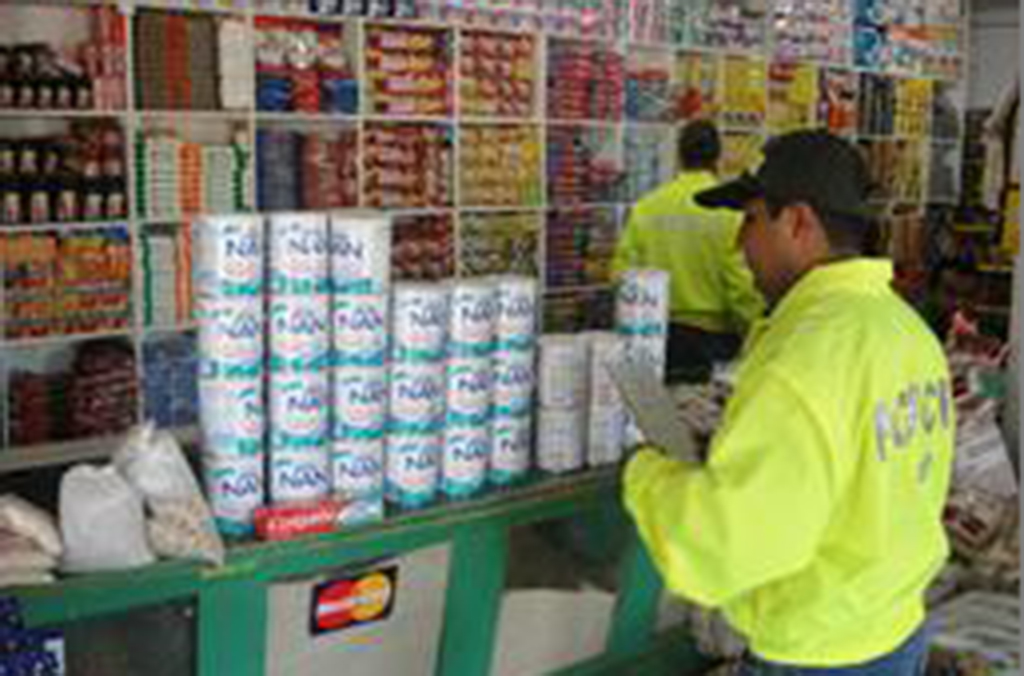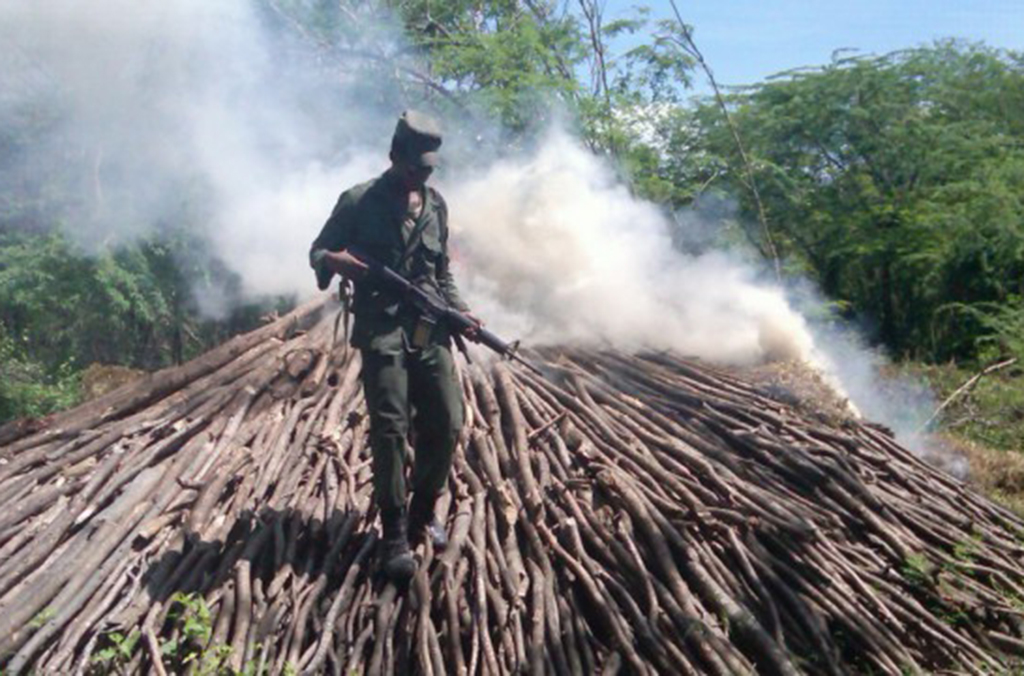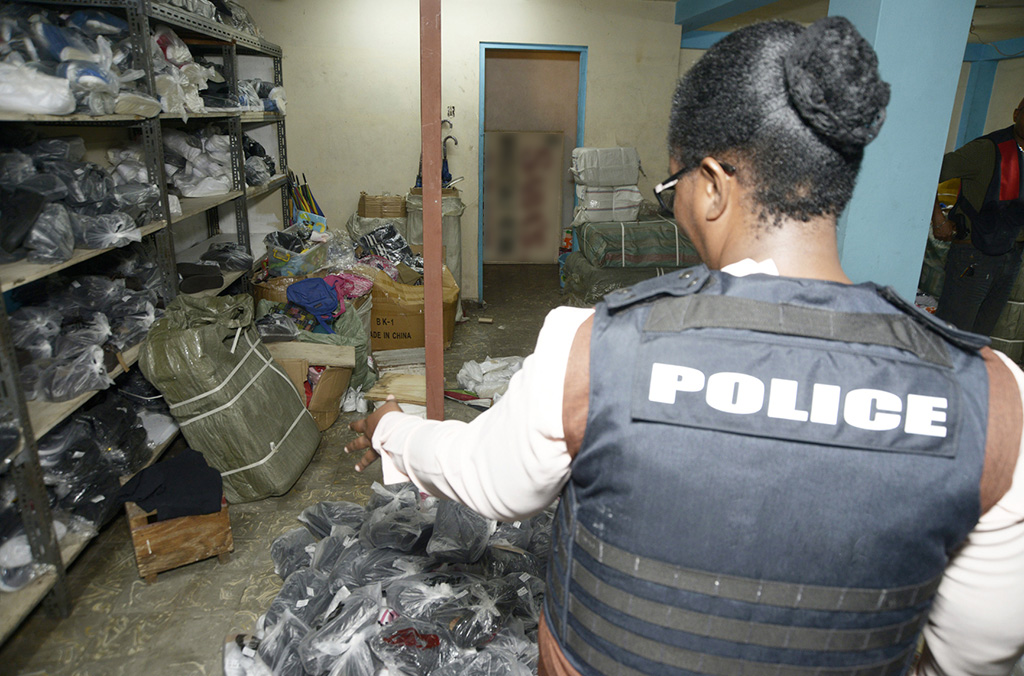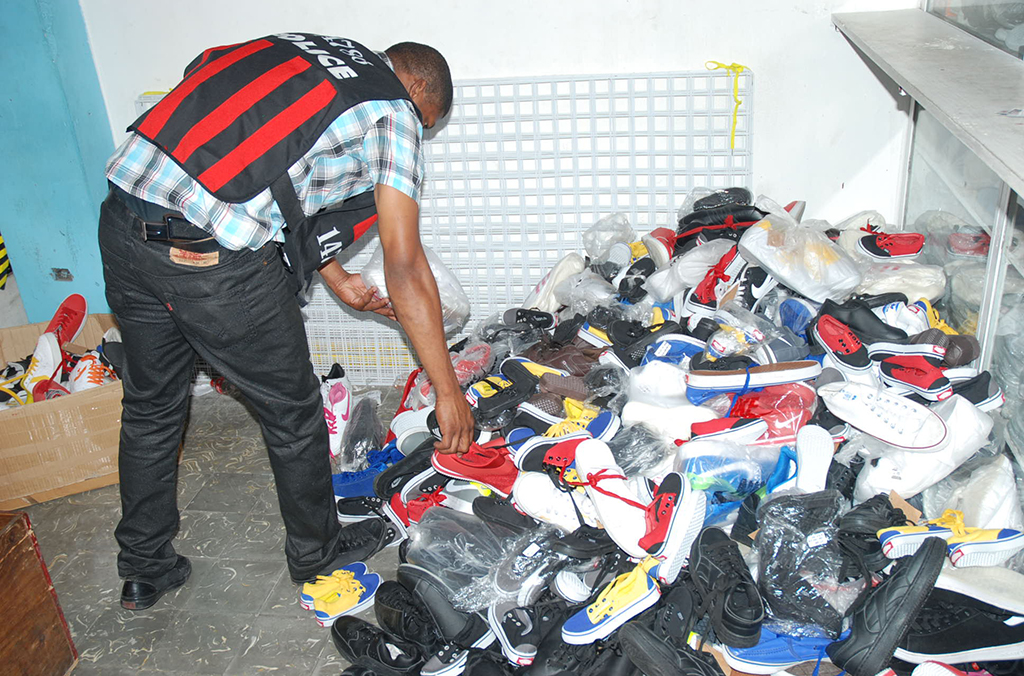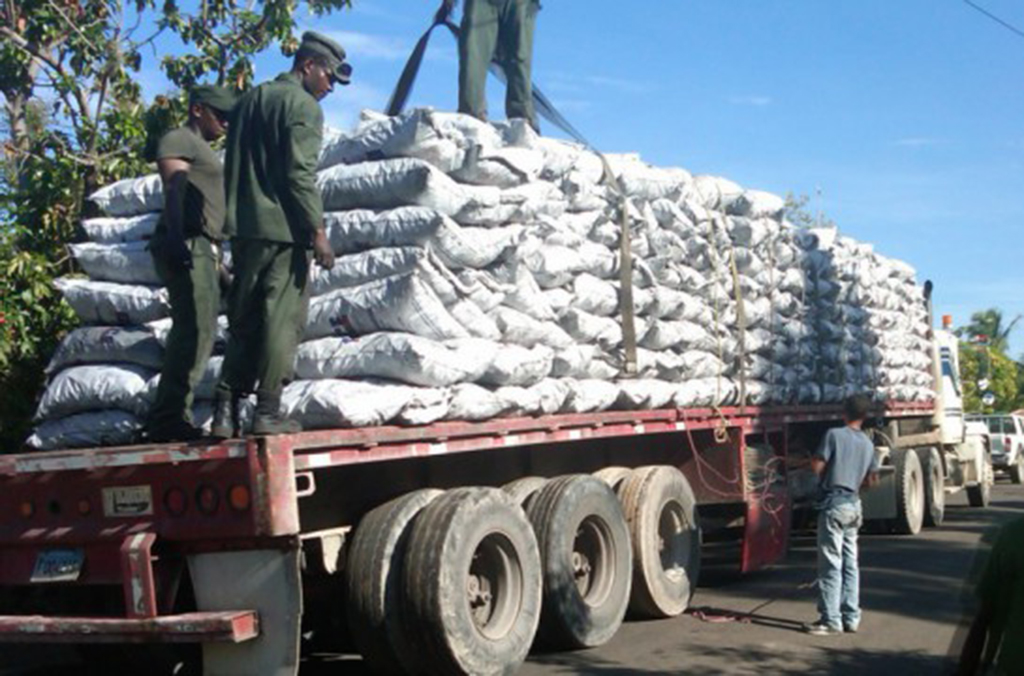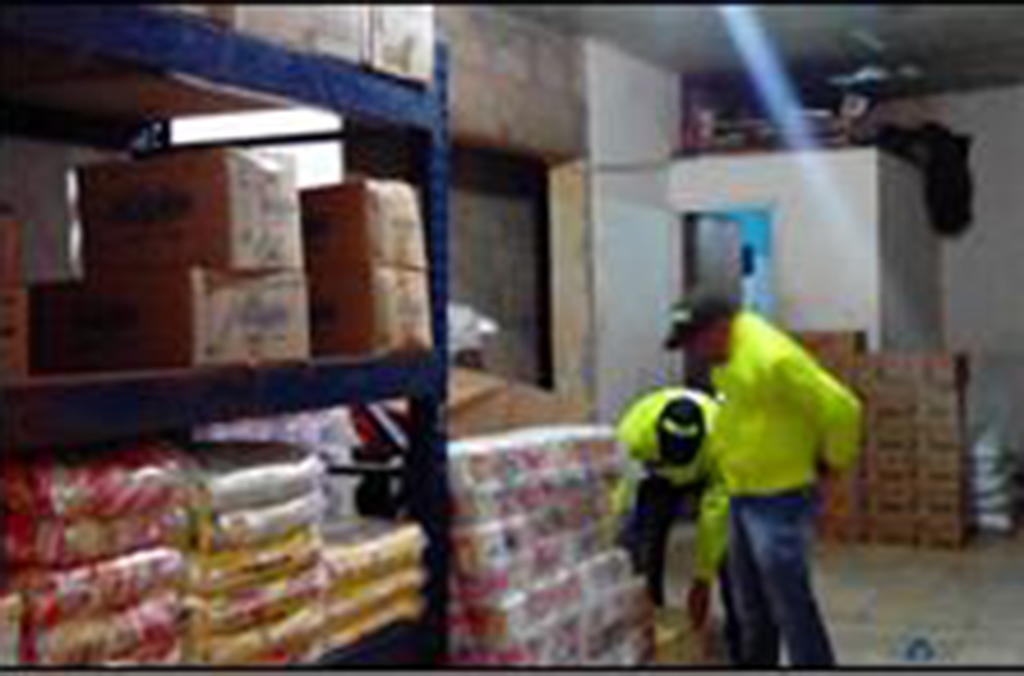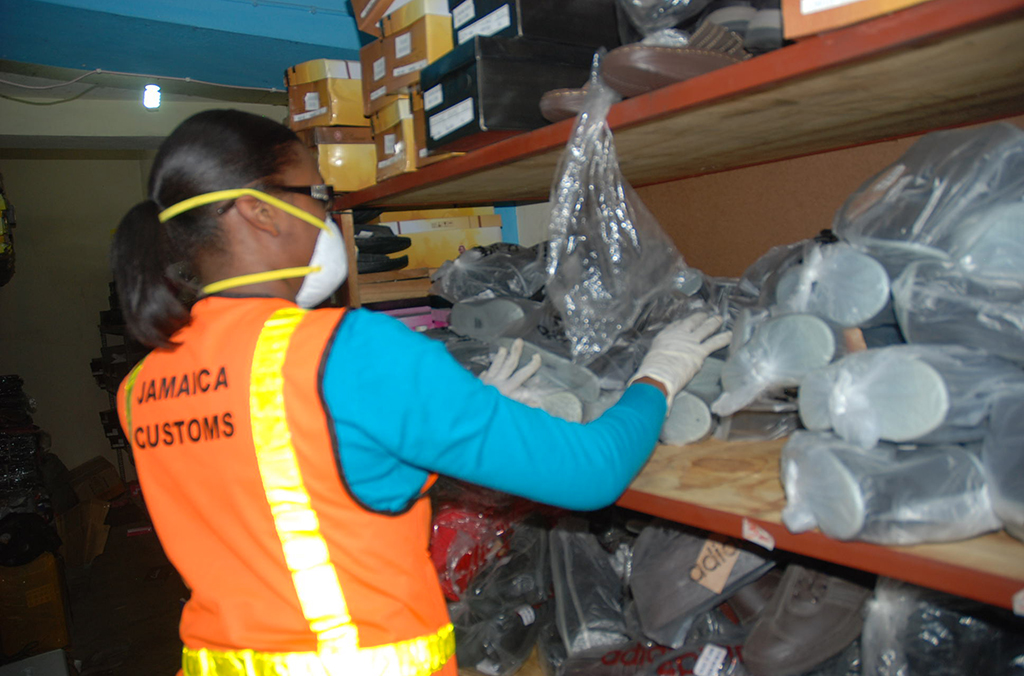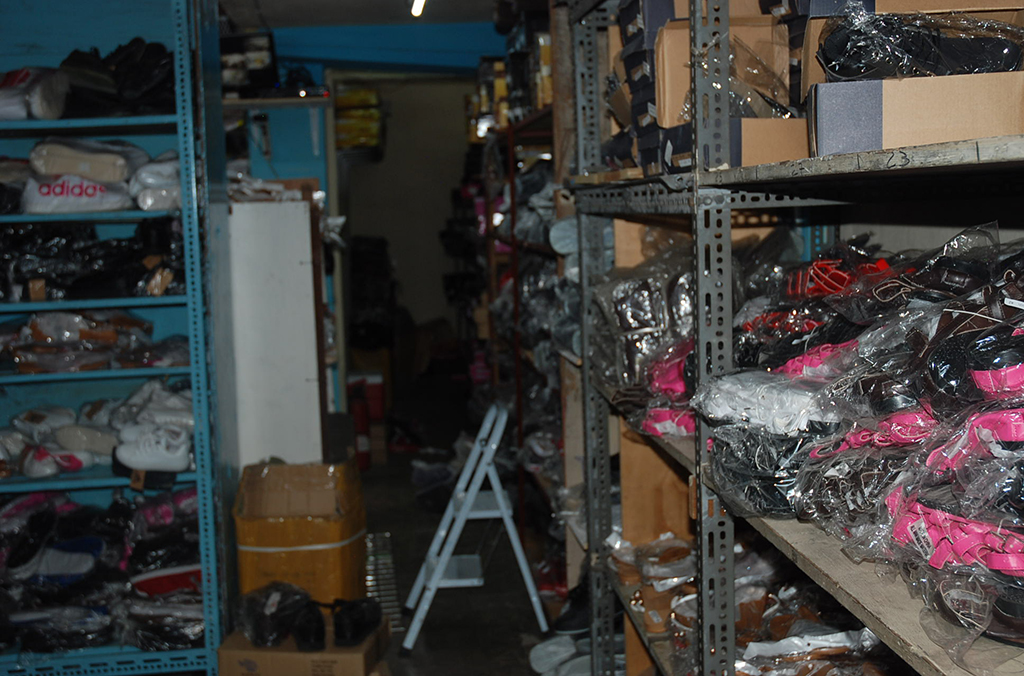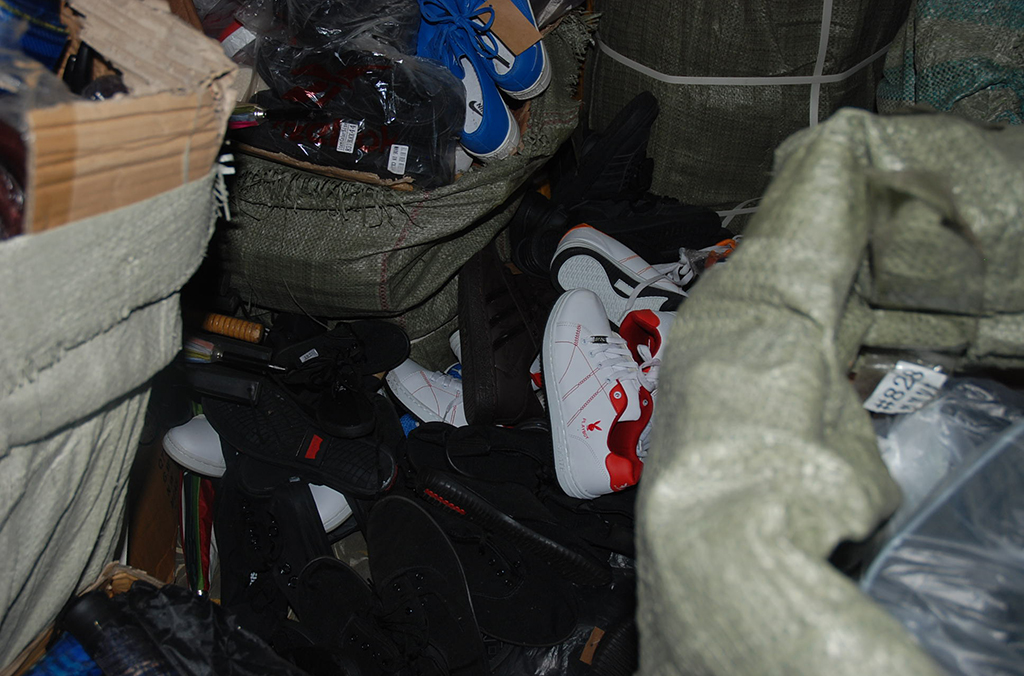LYON, France – Car parts, fuel, food, detergent, cigars, shampoo and steel were among fake goods worth nearly USD 60 million seized in a two-week operation across the Americas and the Caribbean.
Codenamed Maya II, more than 2,000 interventions by police, customs, investigators and Intellectual Property (IP) units were carried out at key locations including markets, border control points and shops across 19 countries and territories as part of the operation coordinated by INTERPOL’s Trafficking in Illicit Goods and Counterfeiting unit.
Investigations carried out by national authorities led to the identification and dismantling of several organized crime networks as well as entire businesses selling counterfeit goods. In El Salvador, police arrested an individual linked to one of the ‘most wanted’ criminals connected to trafficking in illicit goods.
Costa Rican police took down an entire network selling fake work safety products including masks and air filters, and in Colombia more than 1,600 counterfeit pesticide bottles were seized after officers uncovered a sales ring targeting farmers.
In the Dominican Republic, where deforestation is an increasing problem, authorities seized more than 100 bags of charcoal at the Haitian border, in addition to identifying and closing down two illegal factories manufacturing laundry detergent.
A shopping centre in Santo Domingo was also found to be selling fake goods alongside genuine brands after their supply chain had been infiltrated by organized crime networks. A bootleg distillery was also shut down, and tests on the illegal alcohol seized during the raids showed it to contain potentially lethal additives.
“The Dominican Republic’s involvement in Operation Maya II through NCB Santo Domingo underlines our commitment to combat all forms of transnational crime, to protect citizens and society for a safer world,” said Major General Manuel Elpidio Castro Castillo, head of the Dominican Republic National Police.
Taking part in their first operation targeting counterfeit goods, police in Cuba seized hundreds of fake boxes ready to be filled with fake brand-name cigars.
Other examples of seizures include;
- Counterfeit rifle scopes in Canada
- Fake electrical goods in Trinidad and Tobago
- Video game controllers in Mexico
- Jeans and T-shirts in Curaçao
The illicit trade in fuel again proved to be one of the most prolific crimes. In just one operation conducted by Colombian police near to the Venezuelan border police seized 19 trucks containing nearly 84,000 gallons of smuggled fuel in addition to USD70,000 in cash and three firearms.
“The results from Operation Maya II demonstrate the ongoing efforts to combat transnational crime behind counterfeiting which affects trademarks and rights holders across a wide range of commodities including alcohol, tobacco and many others,” said Major General Rodolfo Palomino López, Director General of the Colombian National Police.
“The success of this operation is a result of the dedication and commitment of the involved countries, particularly those who took part in these specifically targeted actions for the first time,” said Michael Ellis, head of INTERPOL’s Trafficking in Illicit Goods and Counterfeiting unit.
“The results show the extent of the challenge faced by every country in combating the spread of fake and illicit goods, and INTERPOL will continue to support their efforts in dismantling these networks and bringing those involved to justice,” added Mr Ellis.
Throughout the operation, which was supported by the Caribbean Customs Law Enforcement Council (CCLEC), the UNODC container control programme and INTERPOL’s Regional Bureau in San Salvador, involved countries were able to check information against INTERPOL’s criminal databases via its I-24/7 secure global police communications network, in addition to sharing intelligence through the World Custom Organization’s communications tool, CENcomm.
Countries and territories which took part in Operation Maya II (15 – 31 March): Antigua & Barbuda, Aruba, Canada, Colombia, Costa Rica, Cuba, Curaçao, Dominican Republic, El Salvador, Honduras, Jamaica, Mexico, Nicaragua, Panama, Puerto Rico, St Lucia, Trinidad & Tobago, United States and Venezuela.




